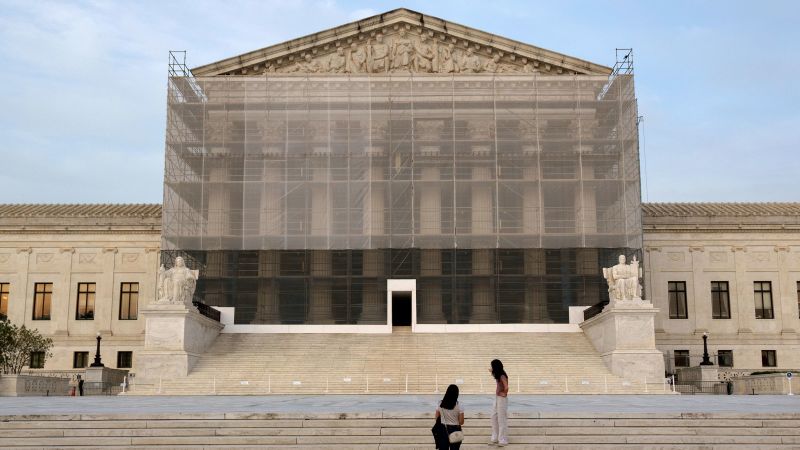The Supreme Court recently granted President Donald Trump’s emergency request to resume deporting migrants to countries other than their homelands, such as South Sudan, with minimal notice. This decision marks a significant victory for the Trump administration, which argued against a lower court’s order requiring written notice to migrants about their destination and the opportunity to challenge deportation due to fear of torture. The dissenting liberal justices criticized the decision, with Justice Sotomayor accusing the administration of defying court orders.
The ruling halts a lower court decision that found the government’s deportation practices unconstitutional. The case has drawn attention to the plight of migrants, including those held in Djibouti en route to South Sudan, amidst concerns about food insecurity and political instability in the latter. Immigrant rights groups have underscored the challenges faced by these individuals, highlighting their lack of criminal convictions contrary to the administration’s claims.
The controversy revolves around the Convention Against Torture, with the administration justifying deportations based on assurances from foreign governments to prevent torture. Critics argue that the administration’s notification practices are insufficient and violate due process rights. While Trump has found success in emergency appeals to the Supreme Court, the court has also intervened to protect migrants’ rights in deportation cases.

